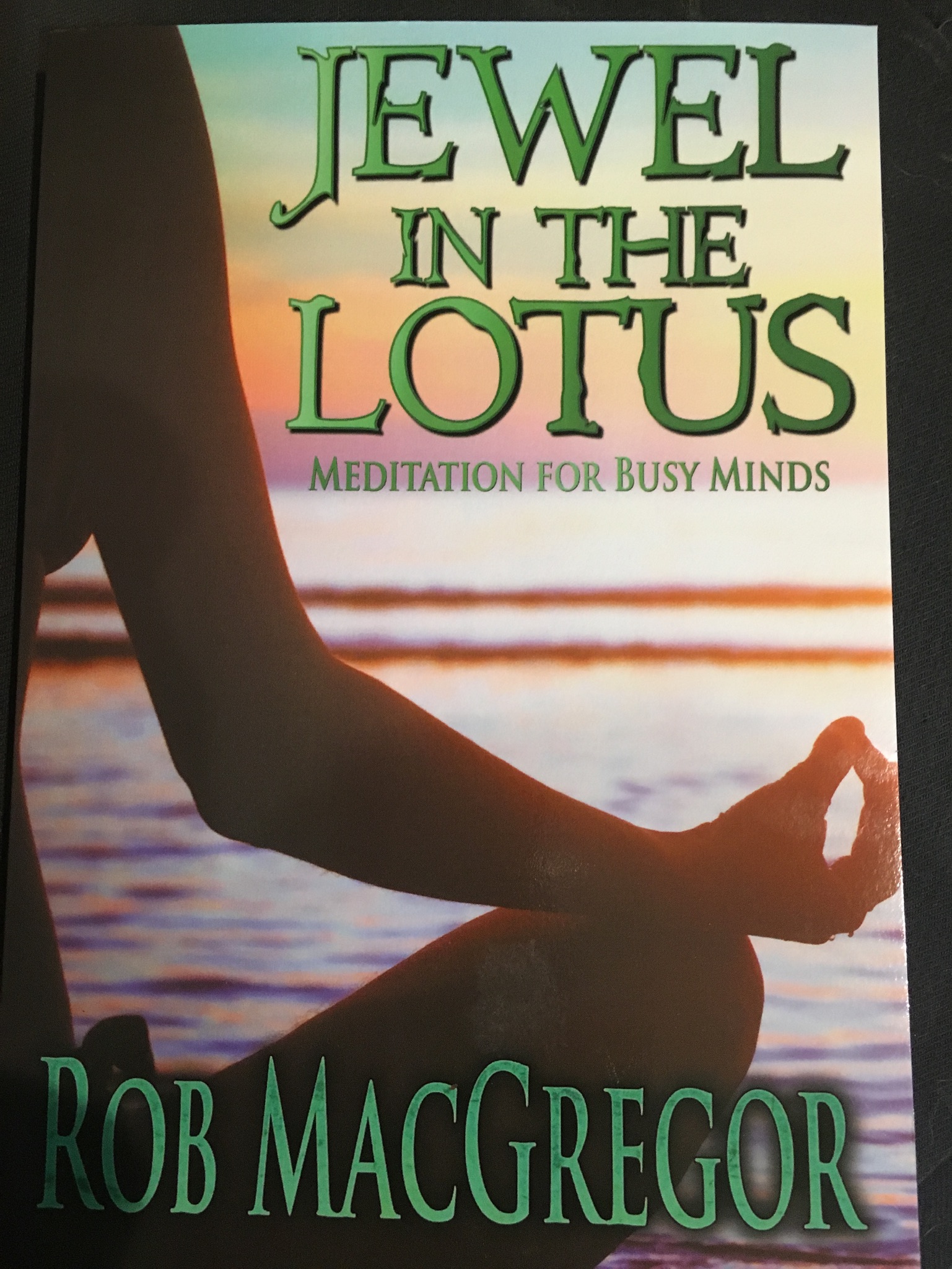
I’m in the midst of a 6-part meditation workshop at our local yoga studio, and one of the meditations I led during the third session focused on chakras. It was a bit complex because it involved not only visualizing a geometric shape and color at the chakra in question, but also chanting a bija or seed-sound and placing your hands together in a particular manner to form the related mudra or hand gesture. We did the lower four chakras: the root, sacral, solar plexus, and heart.
Bijas are one-syllable sounds that have no meaning, but the sound resonates with the related chakra and is said to activate healing energy. The bijas for the four lower chakras are LAM, VAM, RAM, and YAM. They sound very much alike and that’show I got literally tongue-tied. When I reached the fourth chakra or heart chakra, I mis-spoke and instead of YAM it came out VAM. If any of the students noticed that we’d repeated one of the seed sounds, no one mentioned it after class. But I explained what happened to everyone in an e-mail note the next day. I added that the sounds are close and they all did fine following the somewhat complicated directions and contortions with their hands.
But the incident reminded me of a meditation joke or parable that I’d included in my book, JEWEL IN THE LOTUS: Meditation for Busy Minds. Here it is:
A scholar studied Sanskrit and meditation practices for years. He became an expert. He practiced meditation daily. He chanted for hours. He read every book available on the subject and memorized passages from ancient texts. He was highly regarded, and thought he knew almost everything there was to know about the subject.
Then one day he heard about a hermit who live in a cave on an island. He was supposedly a highly advanced meditator, knowledgeable and wise. So the scholar journeyed to the lake and hired a boatman to ferry him to the island for a day trip. When he arrived, he hiked along a trail through the jungle until he found the hermit’s cave.
The hermit was meditating in the candlelit cave when the scholar interrupted him. To his relief, the hermit seemed pleased to have a visitor and invited the scholar to join him in chanting a sacred mantra. The scholar knew this mantra very well and was happy to chant with the hermit.
However, after less than a minute of chanting, the scholar stopped and waved his hands. Horrified, he explained to the hermit that he had wasted all of his years on the island. He was mispronouncing the Sanskrit so his chants were meaningless and without power.
The hermit listened closely to the proper way to pronounce the words and thanked the scholar for correcting him. The scholar left, disappointed, and as the boatman rowed away from the island, the scholar told him how sorry he felt for the poor hermit. Suddenly the boatman pointed and gasped.
The hermit was running across the surface of the water toward the boat. As he reached the craft, he again thanked the scholar and asked if he would repeat the proper pronunciation again. The astonished scholar was dumbfounded. “If you can do that, then are doing fine.”
“Oh, but I want to improve myself. Please say the chant again.” The baffled scholar did so, and the hermit raced back to the island, reciting the chant, his feet barely dipping into the water.
The meaning, of course, behind the story is that proper pronunciation of Sanskrit mantras is not essential. In fact, no matter how hard you try, you probably won’t get it right. Except for a mere 14,000 people who consider Sanskrit their native tongue, it’s a classical language—a dead language, like Ancient Greek—that mainly exists in the realm of devoted scholars, yogis and meditators.
We ended that class with another chant: OM MANI PADME HUM. It’s one of the best known Sanskrit chants in the Eastern world. It actually translates to “A Jewel in a Lotus,” which doesn’t seem to say much to Western minds, but it’s actually a chant about self-development and transformation to a higher state of being, ie. ‘enlightenment.’ OM is the sound of the universe at creation…and HUM is the sound of triumph when all beings become enlightened.
Waiting for that day!









There’s no place like “OM” — 🙂
True!!
Love the parable!